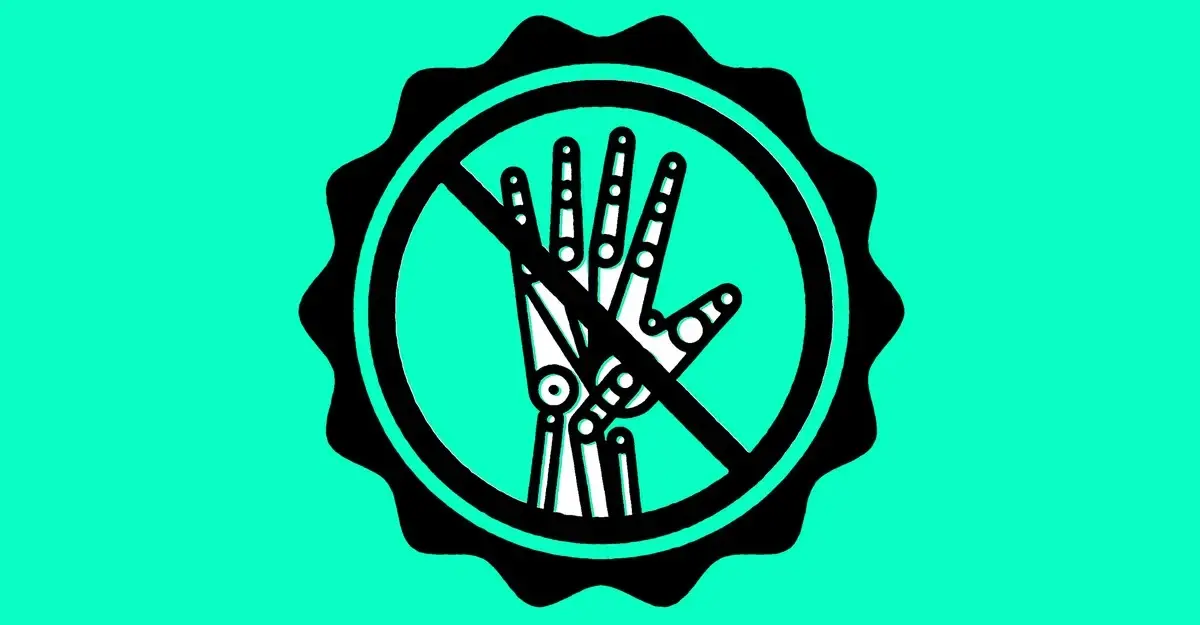As soon as Apple announced its plans to inject generative AI into the iPhone, it was as good as official: The technology is now all but unavoidable. Large language models will soon lurk on most of the world’s smartphones, generating images and text in messaging and email apps. AI has already colonized web search, appearing in Google and Bing. OpenAI, the $80 billion start-up that has partnered with Apple and Microsoft, feels ubiquitous; the auto-generated products of its ChatGPTs and DALL-Es are everywhere. And for a growing number of consumers, that’s a problem.
Rarely has a technology risen—or been forced—into prominence amid such controversy and consumer anxiety. Certainly, some Americans are excited about AI, though a majority said in a recent survey, for instance, that they are concerned AI will increase unemployment; in another, three out of four said they believe it will be abused to interfere with the upcoming presidential election. And many AI products have failed to impress. The launch of Google’s “AI Overview” was a disaster; the search giant’s new bot cheerfully told users to add glue to pizza and that potentially poisonous mushrooms were safe to eat. Meanwhile, OpenAI has been mired in scandal, incensing former employees with a controversial nondisclosure agreement and allegedly ripping off one of the world’s most famous actors for a voice-assistant product. Thus far, much of the resistance to the spread of AI has come from watchdog groups, concerned citizens, and creators worried about their livelihood. Now a consumer backlash to the technology has begun to unfold as well—so much so that a market has sprung up to capitalize on it.
Obligatory “fuck 99.9999% of all AI use-cases, the people who make them, and the techbros that push them.”



lol, can you still call that start-up?
If they spend it all during the first year to accelerate their growth… sure.